Kabusecha
From 4,88 €
including shipping discounts from 49€
Lieferzeit: in 2-3 Tagen in deiner Tasse
- 100% Taste - 0 Artificial Additives
- Freshly packaged for you
- Tested Quality
Ingredients & Alergens
Ingredients
Green tea
Nutrients
| Calories | <1 kcal |
| Fat | <0,01 g |
| - of which Saturated fats | <0,01 g |
| Carbohydrate | <0,01 g |
| - of which Sugar | <0,01 g |
| Protein | <0,01 g |
| Salt | <0,01 g |
Preparation
Zubereitung
- Menge: 2-3 tsp / cup
- Temperatur: 70°C
- Ziehzeit: 2-3 min
- Anzahl der Aufgüsse: 3
Origin & Quality
This Kabusha is traditionally grown in Japan, where the knowledge of high-quality green tea is deeply rooted. The temperate climate and the experience of the tea farmers result in a tea of the highest quality, which reflects the essence of the Japanese art of tea in every cup.
Shipping
🇩🇪 Germany:
Free shipping on orders over €49
Standard shipping costs: €3.90
🇪🇺 Europe (including Switzerland, Norway, UK, Liechtenstein):
Free shipping on orders over €169
Shipping discounts based on order value:
from €99 ➜ €3.22
from €49 ➜ €8.99
up to €49 ➜ €12.90
Please read the important information about shipping outside the EU, especially regarding customs and taxes.
🌎 Worldwide:
Shipping costs are based on weight. You can find an overview here.
Frequently Asked Questions
How do you ensure quality?
All teas are tested for residues and meet high German standards. All raw materials are tested in German laboratories. Before we decide to add a tea to our range, it is tasted several times using different preparation methods. In addition, each batch is checked manually using our senses … so that you can expect impeccable quality.
Is the tea fresh?
Of course – our teas are produced in small batches to avoid long storage times. All teas are stored professionally and are usually only packaged after you place your order.
What is the best way to store my tea?
Our packaging is optimally designed to keep your tea fresh for a long time. It is light- and air-tight. Make sure to store the tea in a cool, dry place. You should also keep it away from strong odors. A spice rack or near the stove is not suitable.
How do I prevent the tea from becoming bitter or sour?
Bitter or sour tea is mainly caused by two factors: steeping for too long or using water that is too hot. You will find the recommended preparation method on all packaging. If you do happen to leave your tea in the pot for too long, you can either dilute it with more water or add a sweetener such as honey or stevia.
Is the tea suitable for children?
Decaffeinated herbal/fruit teas
Short answer: Yes, generally suitable—unsweetened and in moderate amounts.
Details: OK as an alternative to water. Not intended for infants; for small children, please unsweetened and not as the sole thirst quencher. If you have known allergies/intolerances (e.g., to certain fruits/herbs), please refer to the list of ingredients.
Caffeinated teas (e.g., black, green, oolong, mate, matcha)
Short answer: Not suitable as an everyday drink for children.
Details: If at all, then from school age onwards, rarely and in small quantities, mildly brewed and not in the evening. We recommend caffeine-free alternatives for pregnant/breastfeeding women and people who are sensitive to caffeine.
Note: This information is not a substitute for medical advice. If in doubt, please consult your pediatrician.
- Caffeine: low
- Infusions: 3
Aroma & Character
Kabusha green tea offers an exceptionally smooth and creamy mouthfeel that makes every sip a pleasure. A delicate umami note gives it depth, while a gentle sweetness ensures harmony. Subtle citrus notes unfold in the aroma, which together with the scent of fresh cherry blossom lend an elegant lightness. The taste remains smooth, round and complex – an ideal tea that will delight beginners and connoisseurs alike.
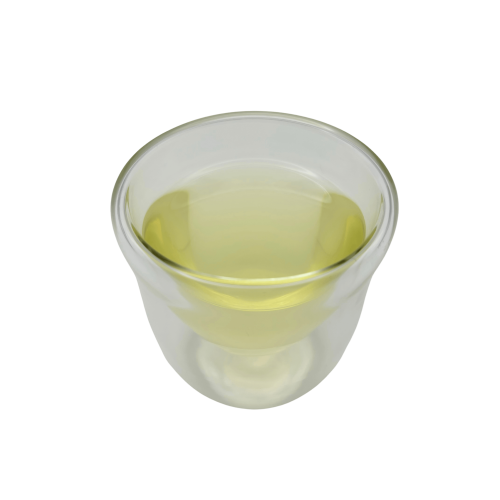
Origin
This Kabusha is traditionally grown in Japan, where the knowledge of high-quality green tea is deeply rooted. The temperate climate and the experience of the tea farmers result in a tea of the highest quality, which reflects the essence of the Japanese art of tea in every cup.
Preparation
- Amount: 2-3 tsp / cup
- Temperature: 70°C
- Time: 2-3 min
- Infusions: 3
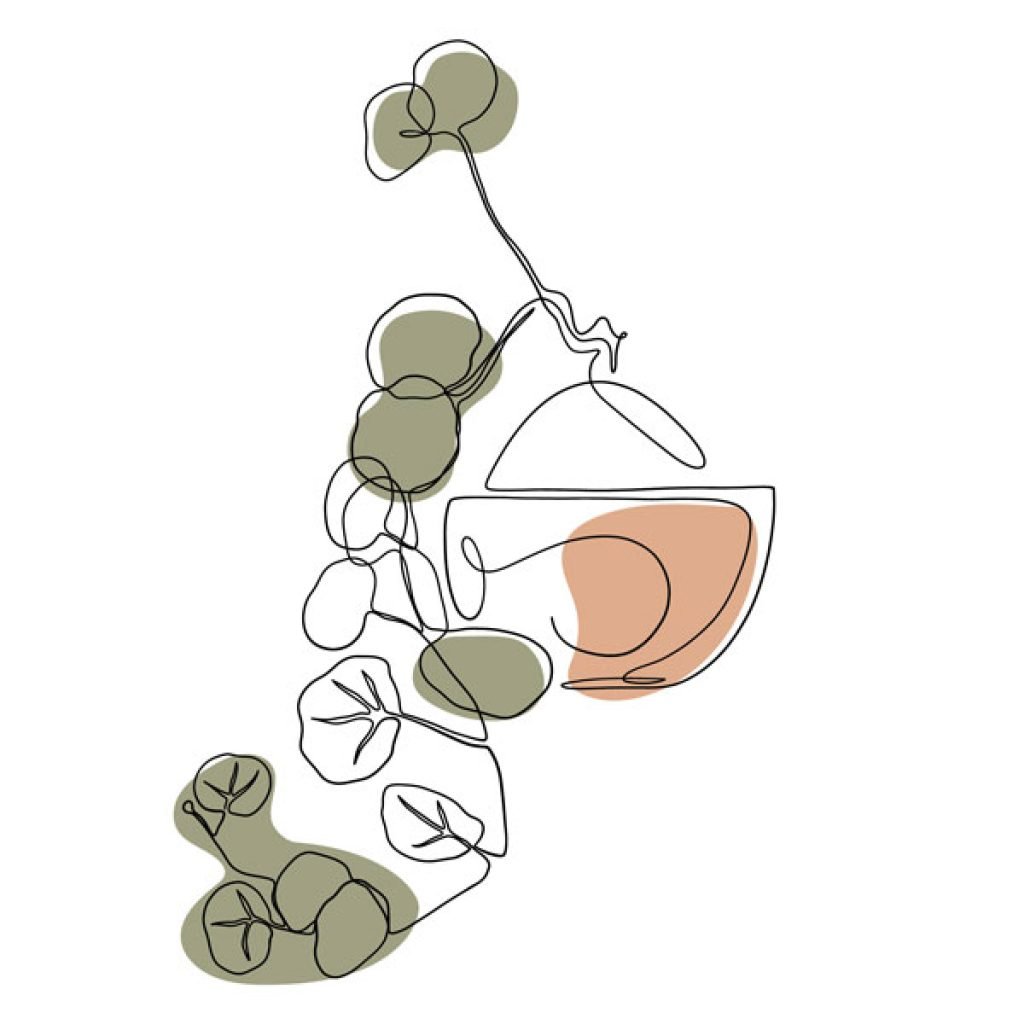
Related products
-
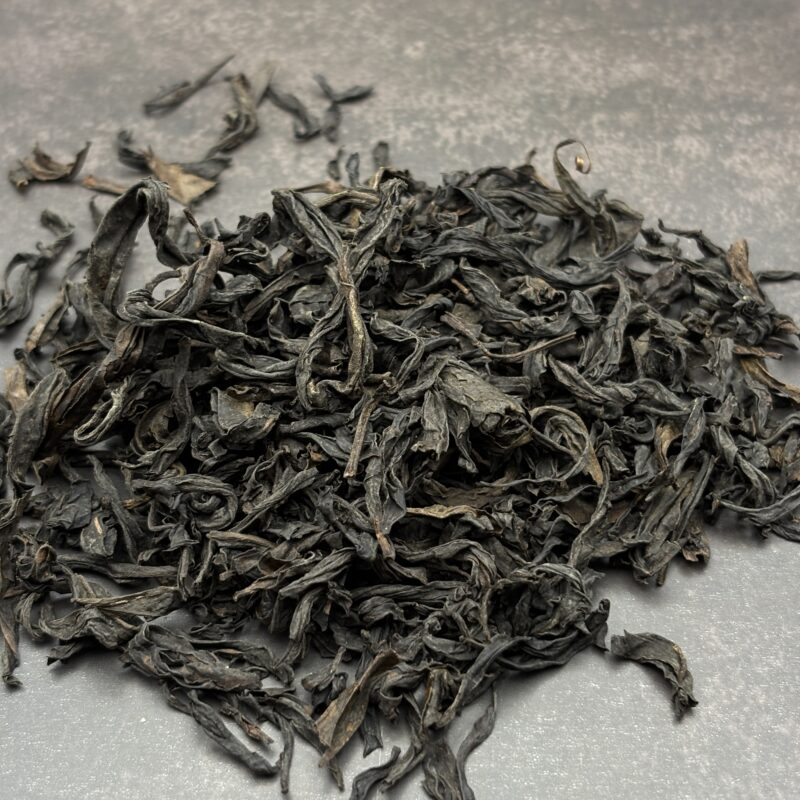
Da Hong Pao Oolong
From 3,68 €
Select options This product has multiple variants. The options may be chosen on the product page -
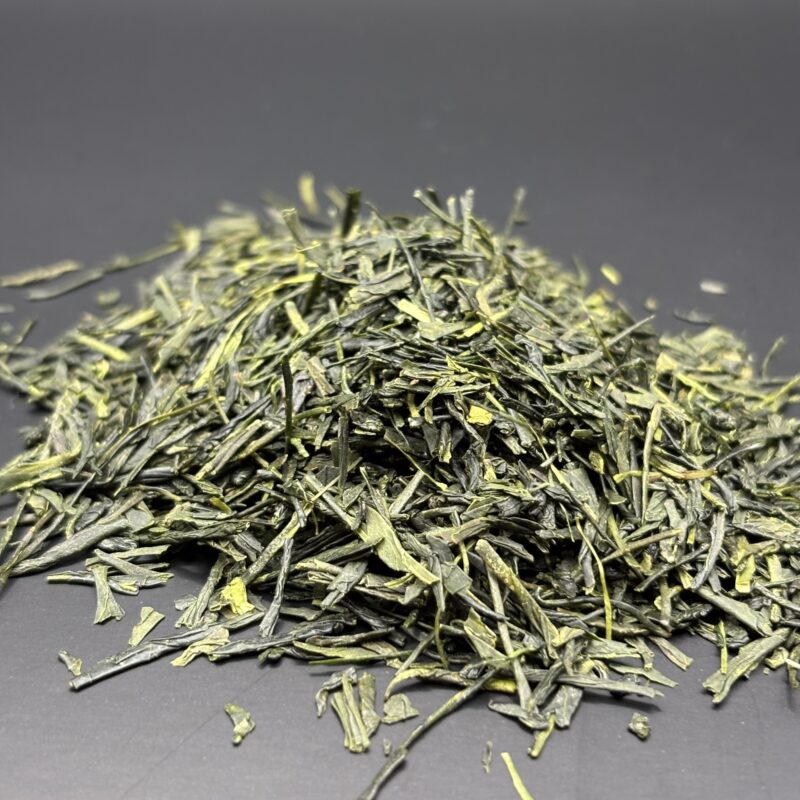
Sencha Uchiyama
From 2,63 €
Select options This product has multiple variants. The options may be chosen on the product page -
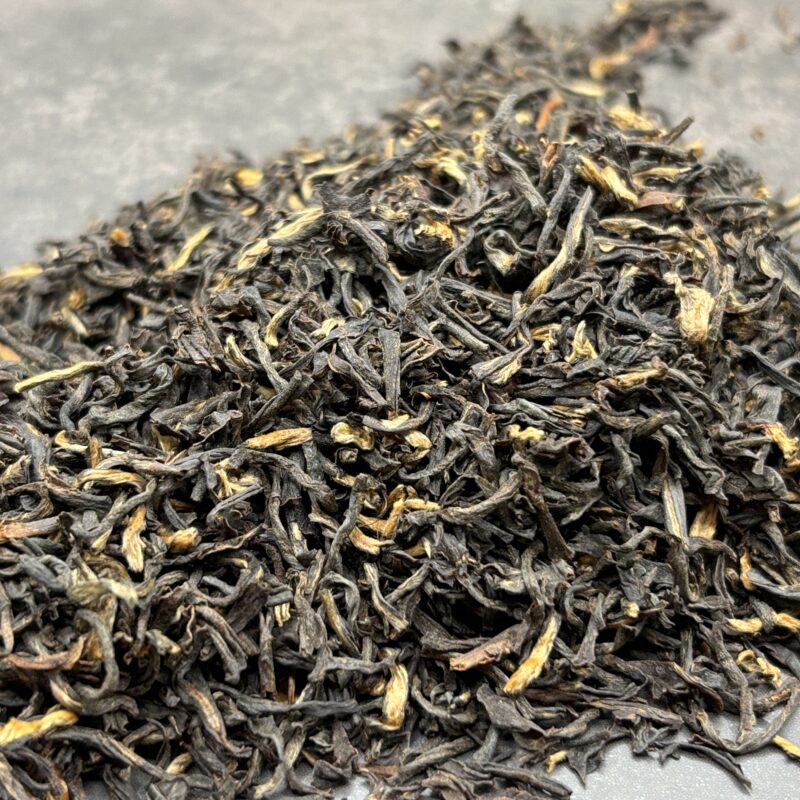
Assam Mokalbari East FTGFOP1
From 1,88 €
Select options This product has multiple variants. The options may be chosen on the product page -
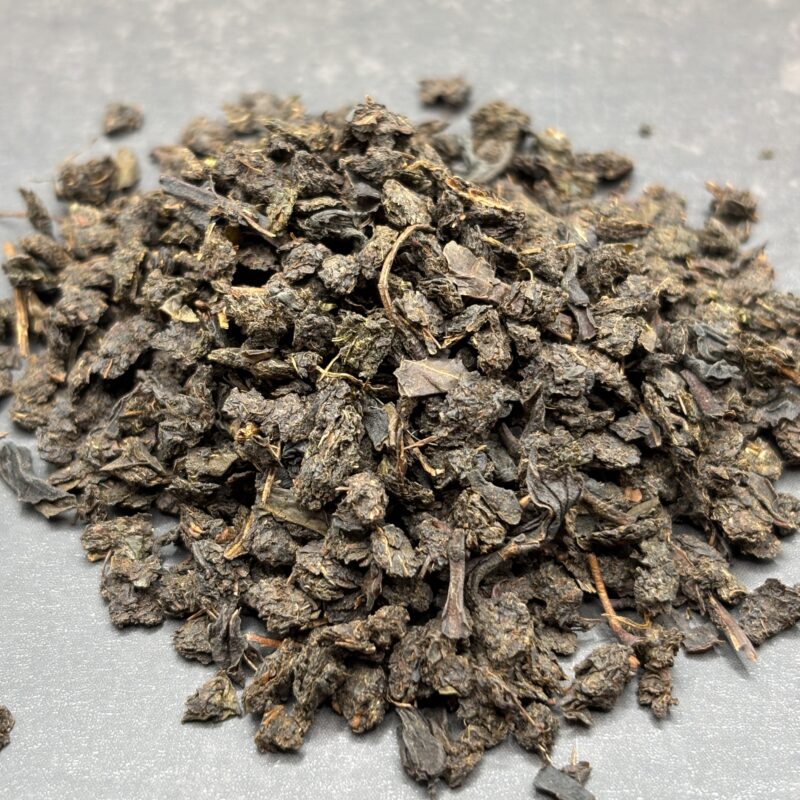
UVA Highlands Pekoe – Black tea
From 1,43 €
Select options This product has multiple variants. The options may be chosen on the product page



